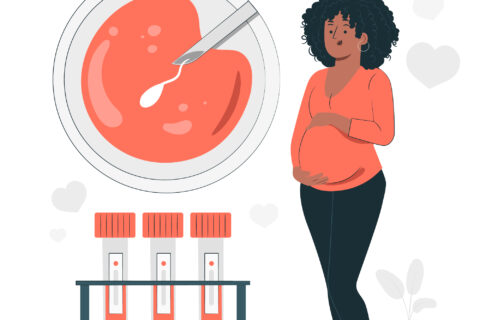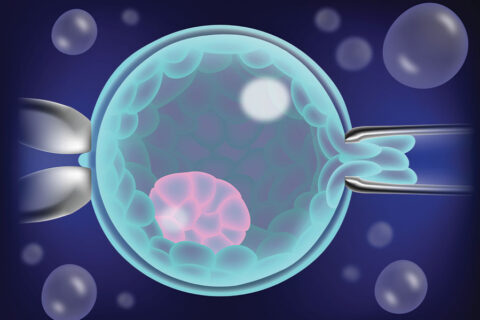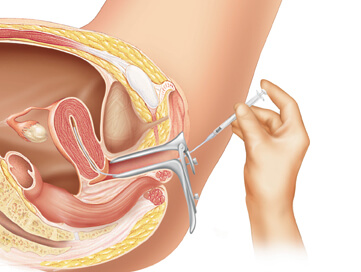Donor egg and sperm programs are fertility treatments that involve the use of donated eggs or sperm to help individuals or couples conceive. These programs are often utilized by individuals or couples who are unable to conceive with their own eggs or sperm due to various reasons, such as infertility, genetic disorders, or same-sex couples who require donor gametes to achieve pregnancy.
Here’s an overview of both donor egg and sperm programs:
1. Donor Egg Program:
– In a donor egg program, eggs are retrieved from a donor, typically a young and healthy woman who has undergone thorough medical and genetic screening.
– The donor eggs are fertilized with sperm, either from the recipient’s partner or from a sperm donor, through in vitro fertilization (IVF) in a laboratory.
– After fertilization, the resulting embryos are cultured for a few days until they reach the appropriate stage for transfer.
– The embryos are then transferred into the uterus of the intended mother or a gestational carrier (surrogate) to achieve pregnancy.
– Donor egg programs are often chosen by women who are unable to produce viable eggs due to advanced age, premature ovarian failure, or other medical conditions affecting egg quality or quantity.
2. Donor Sperm Program:
– In a donor sperm program, sperm from a donor is used to fertilize the recipient’s eggs through artificial insemination or IVF.
– Donor sperm may be used by single women, same-sex female couples, or heterosexual couples with male infertility issues.
– Donor sperm is typically obtained from sperm banks, where donors are carefully screened for medical history, genetic conditions, and infectious diseases.
– Recipients can choose sperm donors based on various criteria, including physical characteristics, educational background, and personal preferences.
– The chosen donor sperm is thawed and prepared for insemination or IVF according to the specific fertility treatment plan.
Both donor egg and sperm programs offer individuals and couples the opportunity to achieve pregnancy and build their families when traditional methods of conception are not feasible. These programs provide options for individuals with various fertility challenges and can be a successful path to parenthood for many people. However, it’s essential for recipients to carefully consider the medical, legal, and emotional implications of using donor gametes and to seek counseling and support throughout the process.



